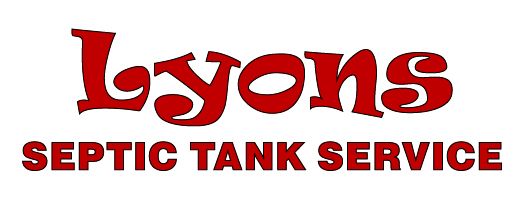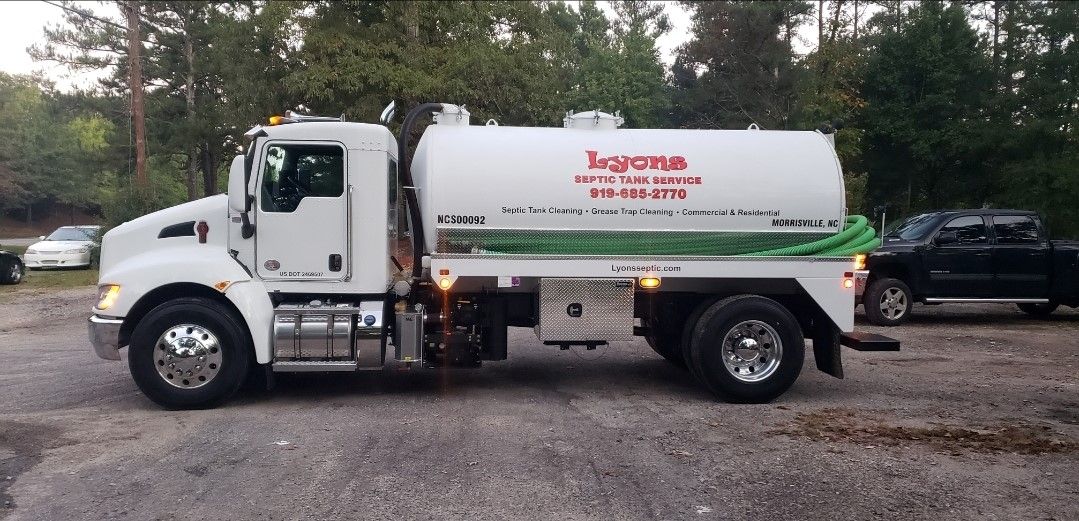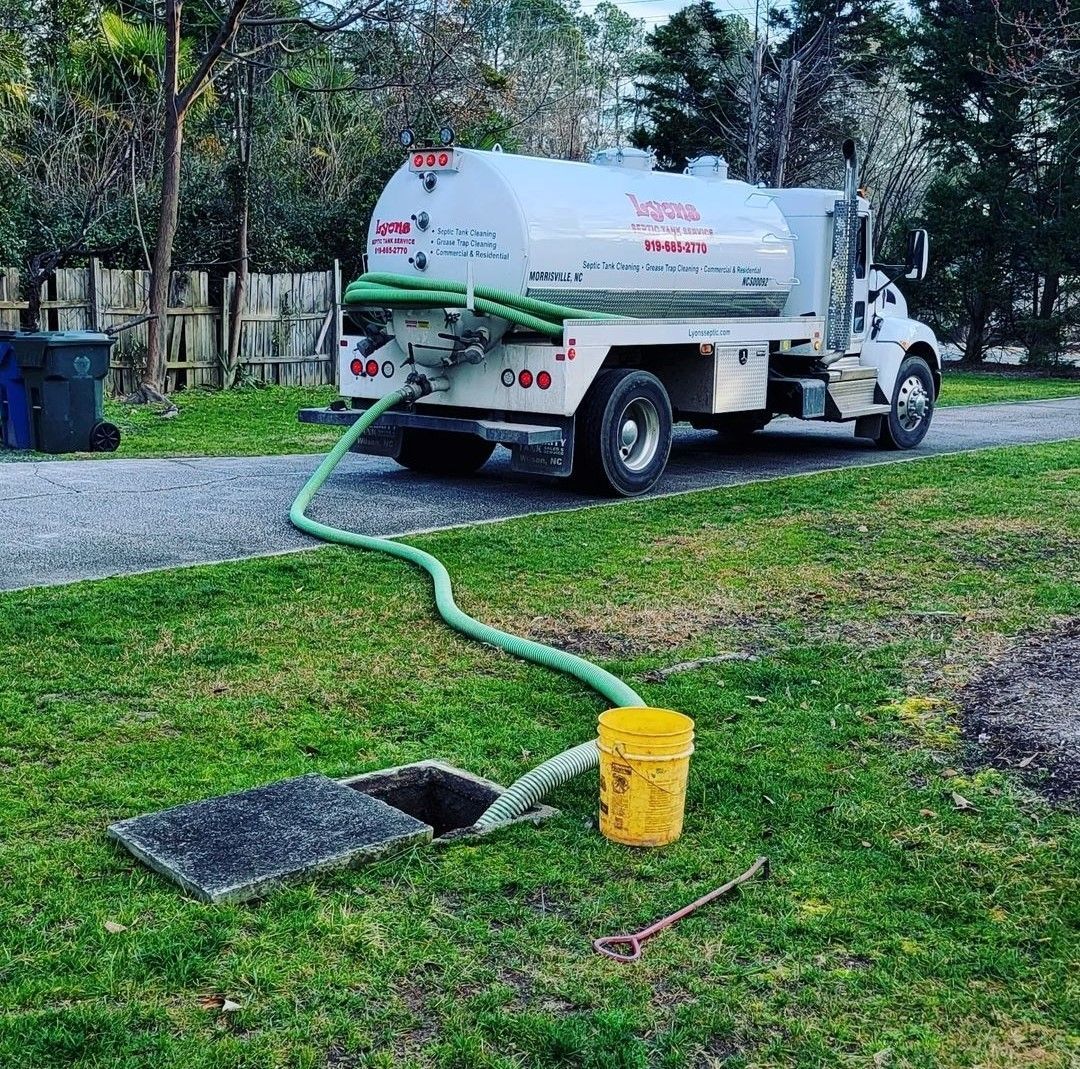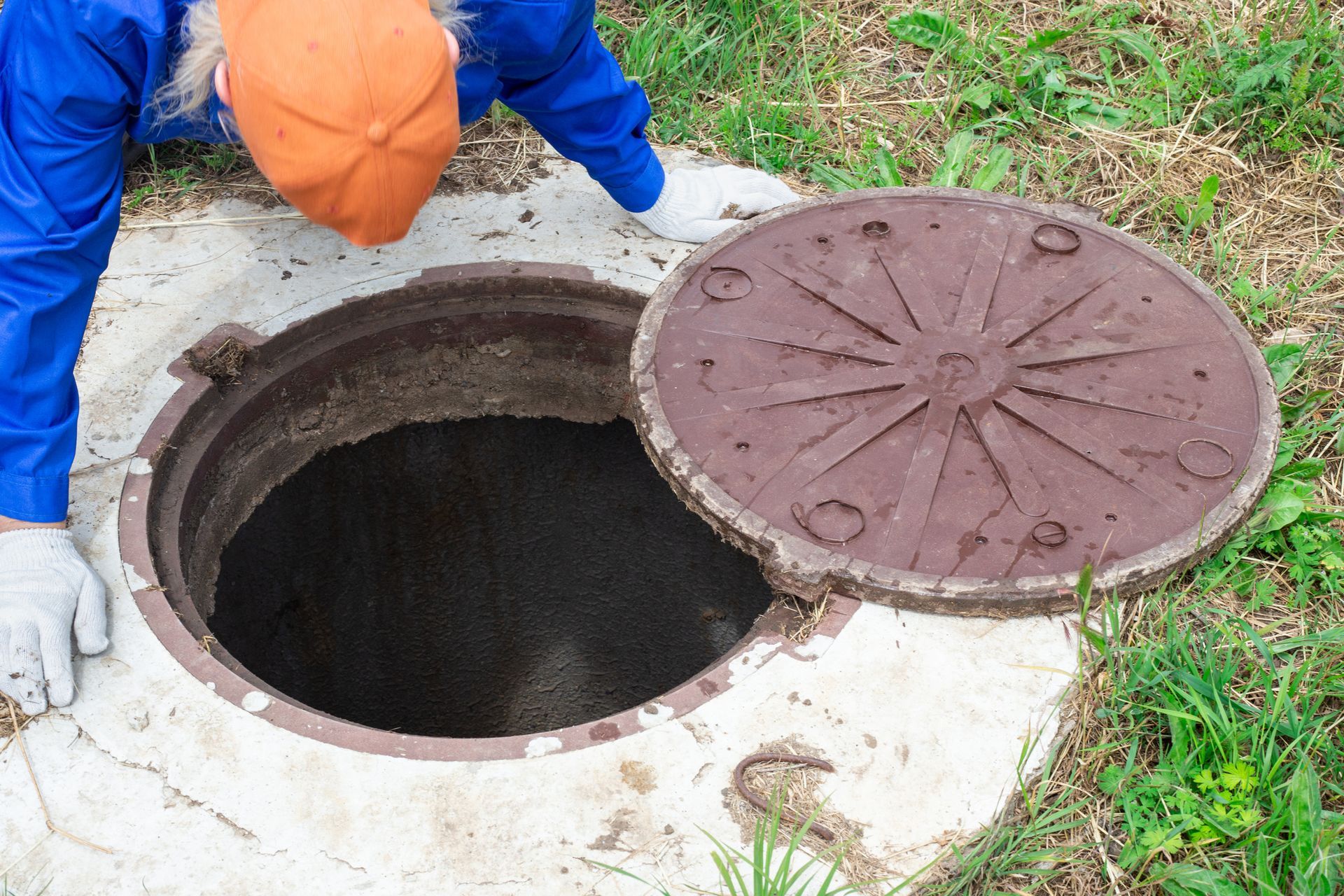What Not to Put in Your Septic Tank
Your septic system is one of the hardest-working parts of your home, handling everything that goes down your drains and toilets. But even the most efficient system has its limits. What you flush, pour, or rinse away doesn’t magically disappear — it all ends up in your septic tank.
While some items break down naturally, others can cause blockages, buildup, and long-term damage. At Lyons Septic Tank Service, we’ve seen firsthand how a few bad habits can lead to costly repairs. Here’s a list of the top things you should never put in your septic tank — and why.
1. Grease, Fats, and Cooking Oils
Pouring grease or oil down the drain might seem harmless when it’s hot and liquid, but as it cools, it solidifies. Over time, it creates a thick, sticky buildup inside your pipes and septic tank. This sludge can:
- Clog drain lines and cause slow drainage
- Reduce your tank’s storage capacity
- Block the outlet baffle, preventing proper flow to the drain field
Better alternative: Let grease cool, then scrape it into the trash or collect it in a sealed container for proper disposal.
2. Baby Wipes and “Flushable” Wipes
Even if the package says flushable, wipes don’t break down like toilet paper. They stay intact inside your septic tank and can wrap around moving parts or clog pipes. Over time, they create dense blockages that require professional removal.
Better alternative: Only flush toilet paper — and dispose of wipes, cleaning cloths, and paper towels in the trash.
3. Diapers and Feminine Hygiene Products
These products are designed to absorb moisture, not disintegrate. When flushed, they expand and quickly block pipes or fill up the septic tank. Once inside, they can interfere with the natural bacterial process that breaks down waste.
Better alternative: Keep a covered bathroom trash can for diapers, pads, and tampons to keep them out of your septic system.
4. Food Scraps and Coffee Grounds
It’s tempting to rinse leftover food down the drain, especially with a garbage disposal — but doing so adds unnecessary solids to your tank. Coffee grounds and food scraps don’t break down easily and contribute to sludge buildup, forcing your system to be pumped more often.
Better alternative: Compost organic waste or dispose of it in the trash to keep your septic tank balanced.
5. Cat Litter
Cat litter, even the biodegradable kind, can create serious septic problems. It clumps, hardens, and settles at the bottom of the tank, reducing its capacity and potentially damaging your pump system. It can also introduce parasites, such as Toxoplasma gondii, into the environment, which don’t get filtered out through septic systems.
Better alternative: Dispose of used cat litter in the trash — never in your toilet.
6. Harsh Chemicals and Cleaners
Bleach, drain cleaners, paint thinners, and antibacterial soaps may make things look clean, but they disrupt your septic tank’s natural bacterial balance. Those bacteria are essential for breaking down waste. Without them, solids accumulate faster, leading to clogs and backups.
Better alternative: Use septic-safe cleaning products, or choose natural options like vinegar and baking soda.
7. Medications and Household Chemicals
Flushing expired medications or pouring chemicals down the drain doesn’t just harm your septic tank — it can contaminate groundwater and local ecosystems. Septic systems aren’t designed to filter pharmaceuticals or hazardous waste.
Better alternative: Take unused medications to a pharmacy disposal site or local waste collection center.
8. Excessive Water
Even clean water can strain your septic system if too much flows in at once. Doing multiple laundry loads, long showers, or running the dishwasher repeatedly in one day can overwhelm the system and push solids into the drain field before they’ve settled properly.
Better alternative: Space out water usage throughout the week and install water-efficient fixtures.
Why Being Careful Matters
Your septic system depends on balance. When foreign materials, grease, or harsh chemicals enter the tank, they disrupt that balance and make it harder for bacteria to do their job. The result?
- Clogged pipes and slow drains
- Foul odors or backups
- Damage to your drain field
- Costly repairs or premature system replacement
Routine maintenance — and being mindful about what goes down your drains — can add years to the life of your septic system.
Protect Your Septic System with Lyons Septic Tank Service
At Lyons Septic Tank Service, we’ve been helping North Carolina homeowners maintain healthy septic systems for more than 40 years. Our licensed team provides septic tank pumping, inspections, and maintenance plans that keep your system running efficiently. If you suspect buildup or notice slow drains, don’t wait — call the experts. We’ll inspect your tank, pump it if needed, and help you establish a maintenance routine that prevents future issues.
Call (919) 685-2770 today to schedule your septic tank pumping or routine maintenance with Lyons Septic Tank Service.









